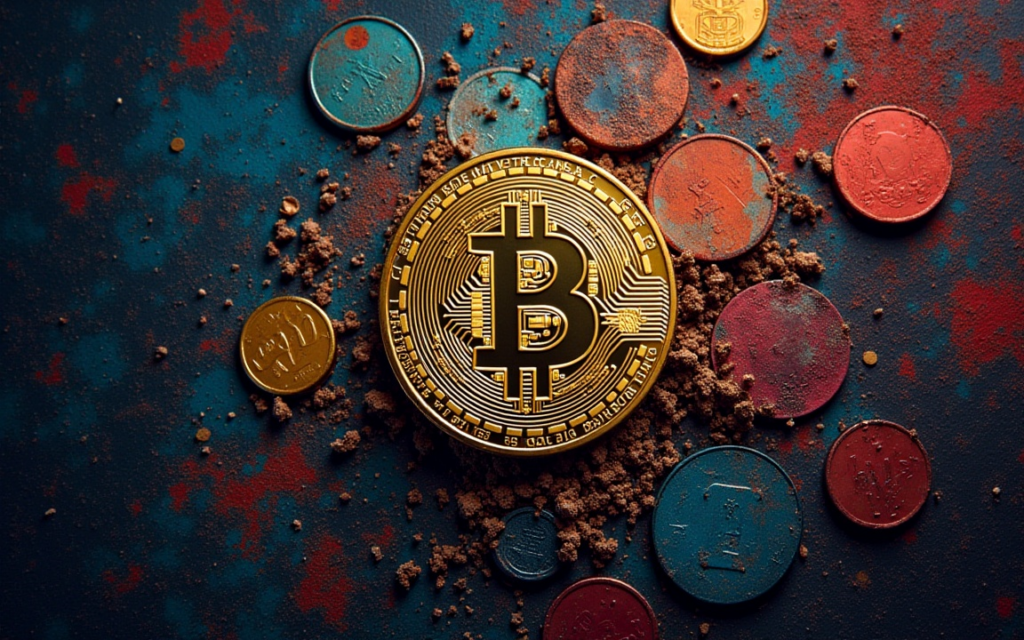
Brazil Sets Stage with New Cryptocurrency Regulations
As of February 2024, Brazil will enforce groundbreaking cryptocurrency regulations aimed at enhancing financial security and oversight in the rapidly expanding digital market. This significant move by Brazil’s central bank marks a pivotal moment in the nation’s financial ecosystem, bringing the burgeoning world of virtual assets under strict regulatory frameworks.
What Are the Key Changes?
The newly introduced rules extend Brazil’s anti-money laundering (AML) and counter-terrorism financing (CTF) standards to Virtual Asset Service Providers (VASPs). This includes foreign exchange brokers, securities distributors, and crypto service providers. These entities must now adhere to stringent compliance measures, including obtaining mandatory authorizations to operate.
The regulations aim to plug existing oversight gaps in the crypto industry, ensuring consumer protection, transparency, and robust operational oversight. Notably, stablecoins have received special attention due to their dual functionality as payment tools and potential avenues for illicit activities. The central bank has also designated crypto transactions tied to fiat currencies, such as USD-backed stablecoins, under foreign exchange operations, thereby broadening the regulatory umbrella.
Stablecoins Under the Microscope
The rise of stablecoins in Brazil has revolutionized how cross-border payments and everyday financial transactions are conducted. Their stability, pegged to fiat currencies, offers speed and cost-efficiency unmatched by traditional banking systems. However, these tokens have also been exploited for tax evasion, fraud, and regulatory circumvention. With the new framework, stablecoin transactions and cross-border exchanges will be subjected to Brazil’s forex and financial transparency laws to ensure accountability.
Enhanced Protections for Consumers and Market Innovation
Beyond AML and CTF standards, the new regulations emphasize consumer safety. Service providers must implement governance measures like internal controls, incident reporting, and compliance mechanisms comparable to those imposed on traditional financial institutions.
The updated framework is expected to instill confidence among users, drive innovation, and enhance Brazil’s position in digital finance. According to Gilneu Vivan, the central bank’s director of regulation, this move will help combat scams and foster legitimate financial activities. Industry players have until February 2024 to align their operations with the new guidelines.
Investing Responsibly in Brazil’s Crypto Ecosystem
For those looking to explore Brazil’s growing crypto market, choosing a reliable platform is key. Platforms like eToro provide a secure environment with features for beginner and advanced investors alike. Their platform includes a diverse range of crypto assets, innovative tools, and strong compliance mechanisms that align well with Brazil’s new regulations.
What This Means for the Future
The central bank’s proactive stance not only addresses potential risks in the digital market but also promotes a sustainable crypto-environment. By fostering innovation while mitigating volatility and dangers, Brazil has taken a bold step toward securing its financial future. Stay tuned as February approaches, and businesses and investors alike adapt to the changing landscape of digital finance in Brazil.



